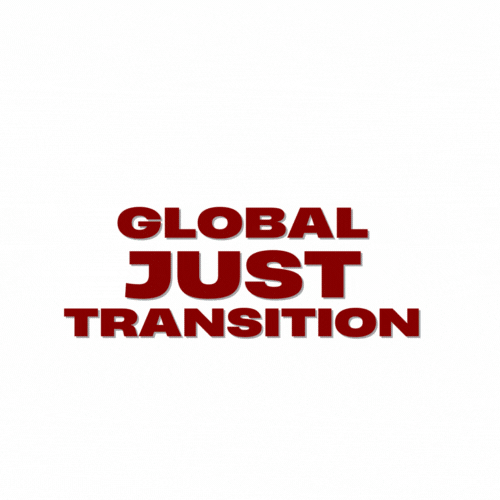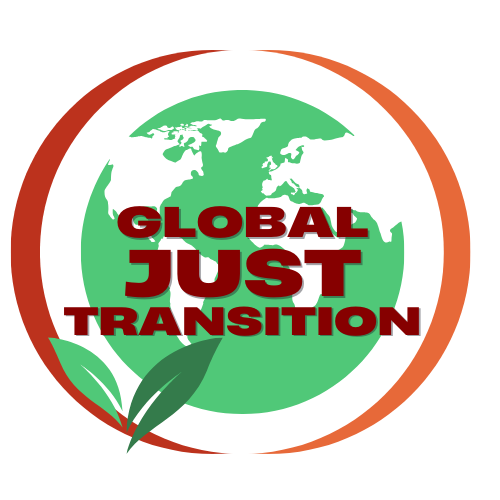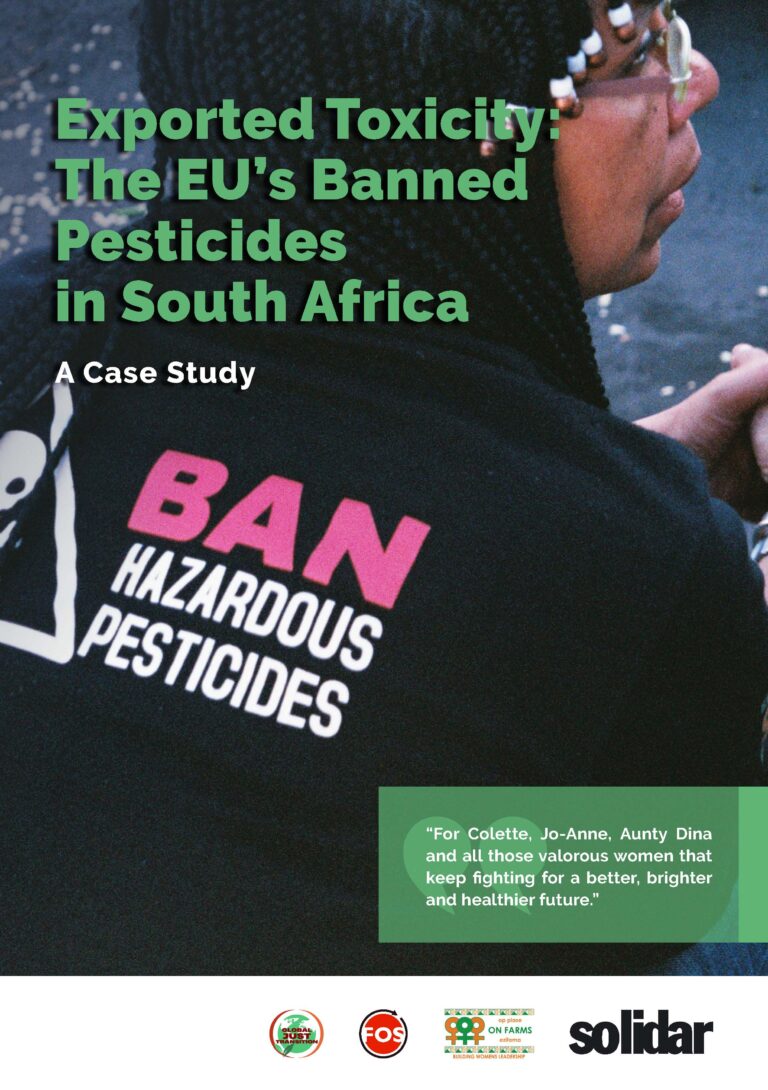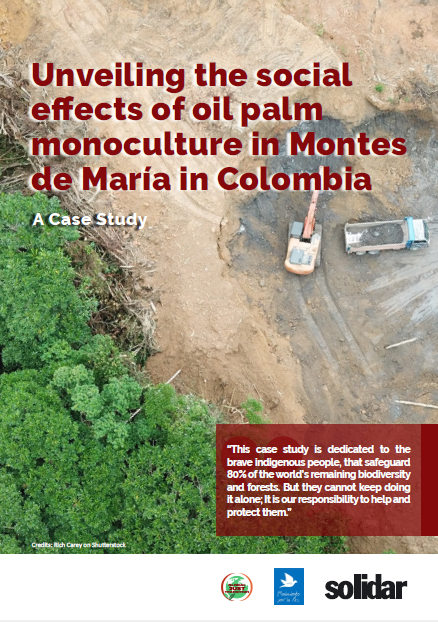Case Study | Ready-made disparity: the impact of unfair trading practices on just transition in Bangladesh’s Ready made garment sector
“Leaving behind our ancestral lands due to the relentless river erosion was a heart-wrenching choice. Coming to Dhaka in search of a better life seemed like the only option, but the challenges here were unlike any I’d imagined. The hope for economic stability led me to the garment industry, but the harsh reality hit me hard.”
Sultana, Ready Made Garment worker
As climate change intensifies and its impacts become more and more disruptive on the lives and health of billions of workers, it becomes imperative for governments to recognise the interconnectedness between socio-economic resilience and environmental sustainability, and adopt measures that protect workers. This is particularly true in the case of Bangladesh and its millions of Ready Made Garment (RMG) workers. The country’s climate vulnerability, coupled with the RMG sector’s environmental impact, makes a transition to sustainable practices indispensable, while keeping in mind the interconnections between environmental goals and labour rights and the need for integrated approaches that do not compromise worker welfare.
On the gloomy anniversary of the Rana Plaza disaster, and in view of the upcoming World Day for Occupational Health and Safety, we are publishing our third case study of the Global Just Transition series. The study aims to explore and expose the considerable number of negative externalities resulting from global policy shifts concerning the Ready-Made Garment (RMG) sector in Bangladesh. It also highlights critical gaps in addressing the issues of Unfair Trading Practices (UTPs), climate vulnerabilities and the socio-economic impact on the lives of the marginalised RMG workers.
This case study is published by SOLIDAR in coordination with its member Solidar Suisse, and carried out by our partner Bangladesh Occupational Safety, Health and Environment Foundation (OSHE), a specialized labour foundation established 2003 to foster relations and cooperation between workers, government and employers on core labour standards, workplace safety, workers health, decent work, environmental protection and social safety net issues.
This publication is part of the campaign “Global Just Transition: Not Just for (E)U“, which calls on the EU to promote a socially and environmentally just transition not only in the European Union but also worldwide. Within the framework of this campaign, we publish case studies from the Global South shedding a light on the harmful effects of the European Green Deal’s lack of an external dimension on partner countries in the upcoming months.






